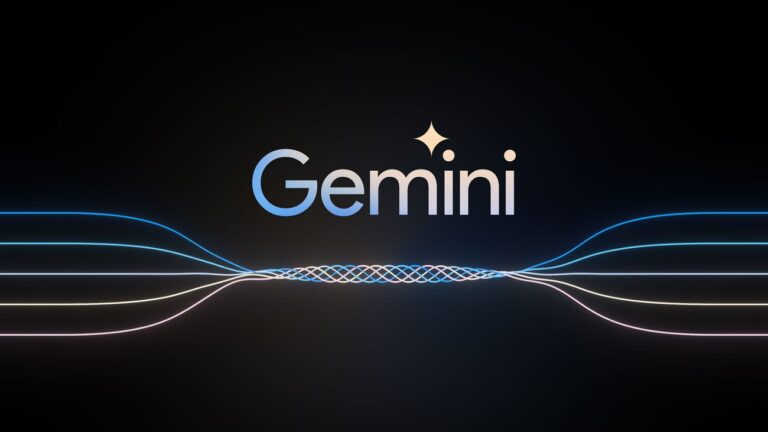February 23rd 2016: Radio Free Mobile launches a new product category looking at shorter topics relevant to the ecosystem. Issue No.1 deals with the usage of voice in digital ecosystems.
RFM research subscribers will receive their copy directly by email.
Voice is where much excitement and hype is to be found. Every ecosystem is developing a voice controlled digital assistant with which it hopes to enrich Digital Life and control the homes of its users. However, RFM finds that voice suffers from significant limitations meaning that the user experience and functionality that it can offer is way behind that that can be achieved using a visual device. This combined with the fact that the intelligence of voice based systems remains rudimentary at best means that voice is unlikely to replace screens any time soon.
- Three stages of understanding. RFM defines three stages in a machine’s development to be able to understand voice commands. These are: 1) High word accuracy, 2) understanding of the request in multiple word orders and formats and 3) understanding of context and circumstance. RFM thinks that it is not until machine understanding reaches stage 3 that voice can have any hope of challenging the established man machine interfaces of screen, touch, keyboard, haptics and mouse.
- Defining voice. Despite these limitations, voice usage in ecosystems is growing very rapidly. RFM research indicates that voice usage is really growing only as an alternative to typing a request rather than as a rich two-way voice interaction with the ecosystem. Hence it is important to separate the two types of voice usage to understand voice’s place in the Digital Lives of users. RFM has termed these as one-way voice and two-way voice.
- One-way voice is where voice is used as an alternative to using a keyboard. Most ecosystems have reached stage 1 making this use case viable. While, input is voice based, the response is delivered through the usual visual method. RFM thinks that the vast majority of voice requests in digital ecosystems use this method which will have no effect on the monetisation methods currently used by Google, Facebook etc.
- Two-way voice is where voice is used as both input and output. It remains almost exclusively the realm of home speakers such as Amazon Echo and Google Home. RFM finds that the rudimentary AI of digital assistants combined with the limited amount of information that voice can convey, often has these systems falling back on displaying results on a screen.
- Voice in ecosystems. Digital assistants and voice based interfaces are driven entirely by the artificial intelligence that powers them. Although the search engines are leading the development of AI, all systems are far too rudimentary to replace visual based devices for the foreseeable future. Facebook is still the laggard when it comes to advances being made in AI.









